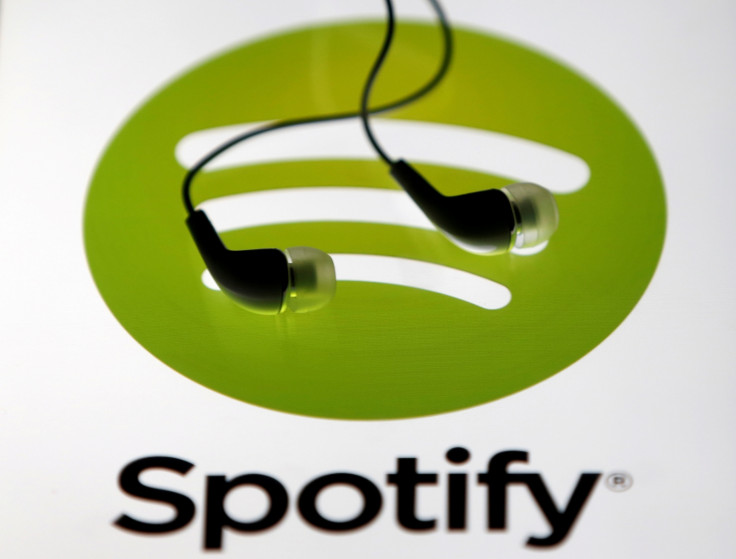Apple fires back at Spotify for seeking 'preferential treatment,' calls App Store criticism 'rumours and half-truths'
Apple general counsel Bruce Sewell slams Spotify for publicly complaining about Apple's services.

Apple has fired back against Spotify's claims that the tech giant had rejected its recent iPhone app update to hamper competition and boost its own Apple Music product. Bruce Sewell, Apple's general counsel, sent a letter to Spotify general counsel Horacio Gutierrez accusing the Swedish company of seeking "preferential treatment" and "publicly resorting to rumours and half-truths" about its services.
In a letter dated 1 July obtained by BuzzFeed, Sewell dismissed Spotify's anticompetitive accusations saying approval of Spotify's latest app was delayed due to a violation of Apple's developer guidelines. Since Spotify joined the App Store in 2009, the Swedish company has "benefited enormously" with more than 160 million downloads and hundreds of millions of dollars in revenue, Sewell said.
"We find it troubling that you are asking for exemptions to the rules we apply to all developers and are publicly resorting to rumours and half-truths about our service," Sewell wrote. "Our guidelines help competition, not hurt it. The fact that we compete has never influenced how Apple treats Spotify or other successful competitors like Google Play Music, Tidal, Amazon Music, Pandora, or the numerous other apps on the App Store that distribute digital music."
Sewell goes on to write that Apple's guidelines apply equally to all app developers across different genres, "regardless of whether or not they compete against Apple". He also notes that the Cupertino company did not alter its rules or approach when Apple Music was launched as a competitor to Spotify and other music streaming services.
"Ironically, it is now Spotify that wants things to be different by asking for preferential treatment from Apple," Sewell writes.
The app approval spat surrounds Apple's stipulation that third-party developers which sell paid apps in the App Store or charge for in-app purchases must pay the company 30% of the fee charged. According to Apple, Spotify tried to create a workaround to the rule by replacing in-app purchases with an option to sign up for the music streaming service via email and Spotify's website, bypassing the App Store and freeing it from paying Apple's cut.
In the past, Spotify charged users $13 a month for its Premium service if purchased within the iOS app. Users who signed up online were charged just $10 a month. Spotify also previously launched a 99 cents three-month promotion if customers chose to sign up through its website rather than its iOS app.
Spotify head of communications Jonathan Prince responded to Sewell's letter with the following tweet:
This is what @Apple wants you to believe violates their rules. No offer, no purchase, no link to anywhere at all. pic.twitter.com/WzLDvWw2In
— jonathan prince (@jonathanmprince) July 1, 2016
On 26 June, Spotify sent a letter to Apple slammed the company over its rejected app update and "causing grave harm to Spotify and its customers".
"We cannot stand by as Apple uses the App Store approval process as a weapon to harm competitors," Gutierrez wrote.
The letter also said that "this latest serious concerns under both US and EU competition laws" as well. This criticism was echoed by US Senator Elizabeth Warren who accused Apple, Google and Amazon for using their powerful platforms to "lock out smaller guys and newer guys".
Sewell, however, said these claims were baseless, pointing to Apple's new recently introduced revenue split created to help developers keep more of their revenue stream. Apple will continue taking 30% of the proceeds from in-app subscriptions to start. After a user has been signed up for a year, the rate will be reduced to 15%.
In June, Spotify hit a new milestone crossing over 100 million active monthly users since its launch in 2015, making it the largest music streaming service in the world, despite growing competition from rivals such as Apple Music and Jay-Z's Tidal.
© Copyright IBTimes 2025. All rights reserved.





















